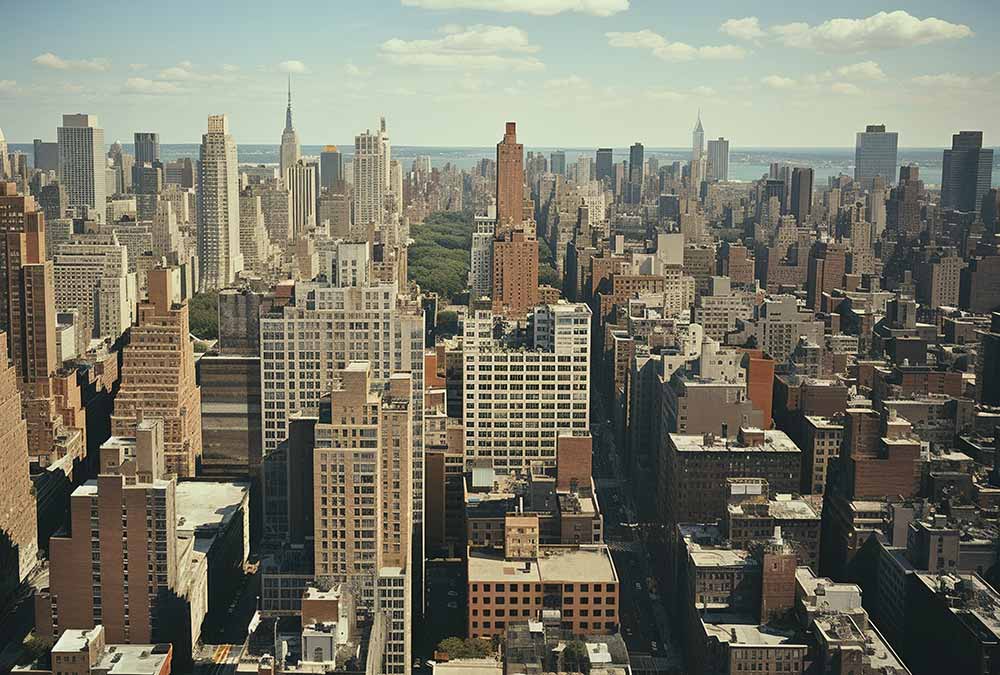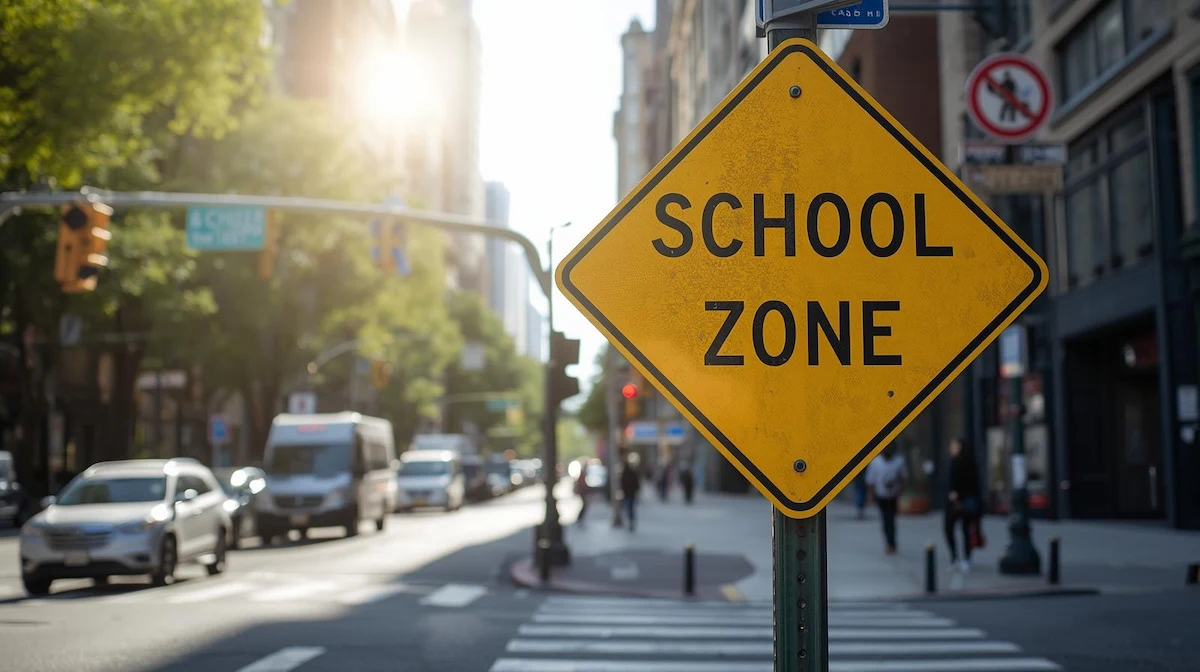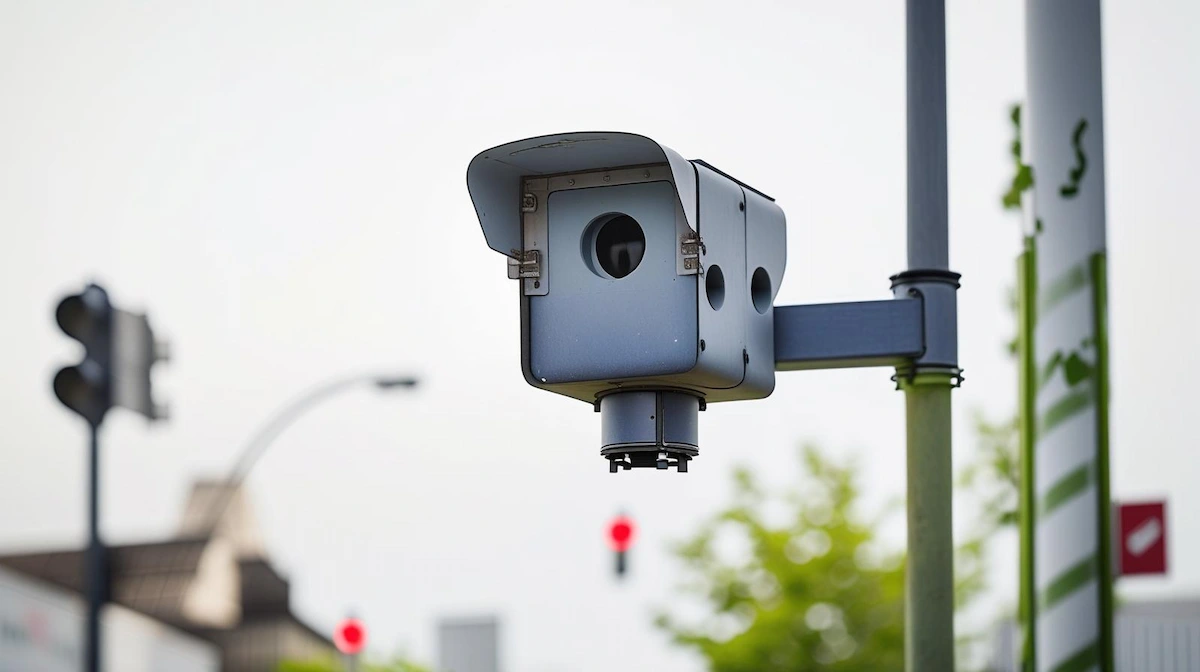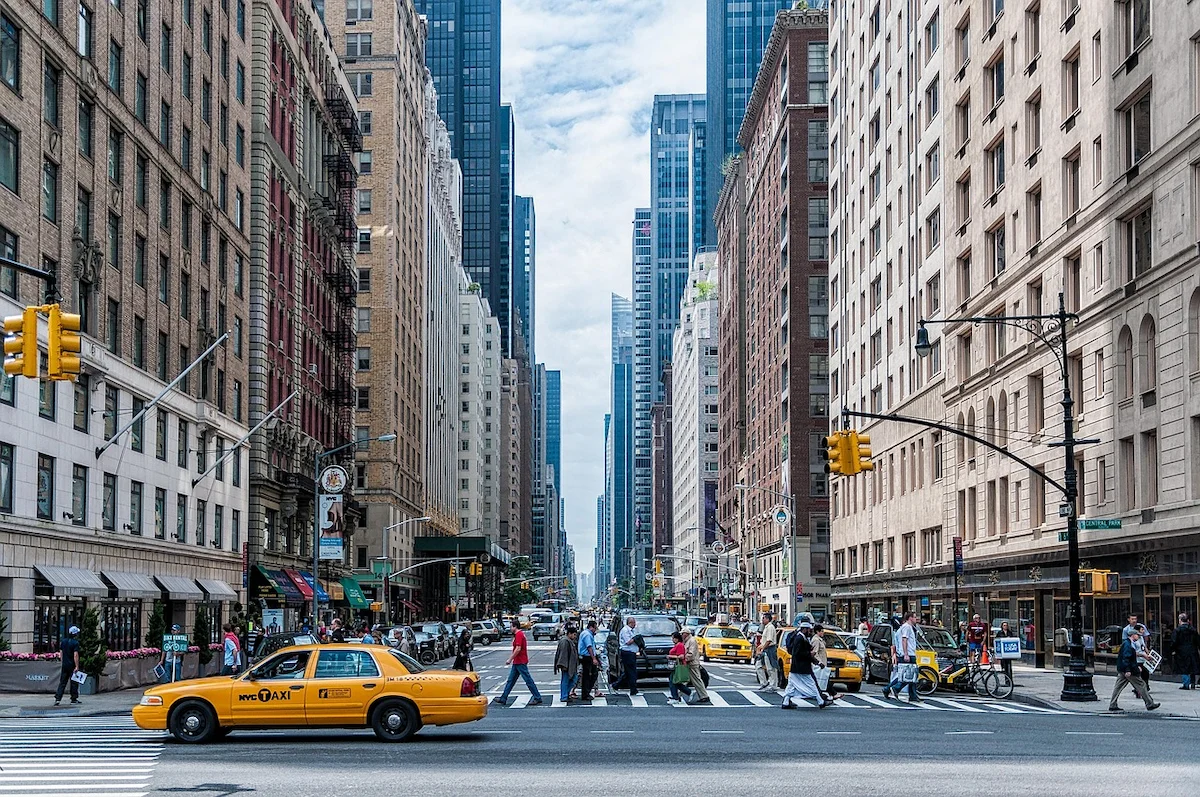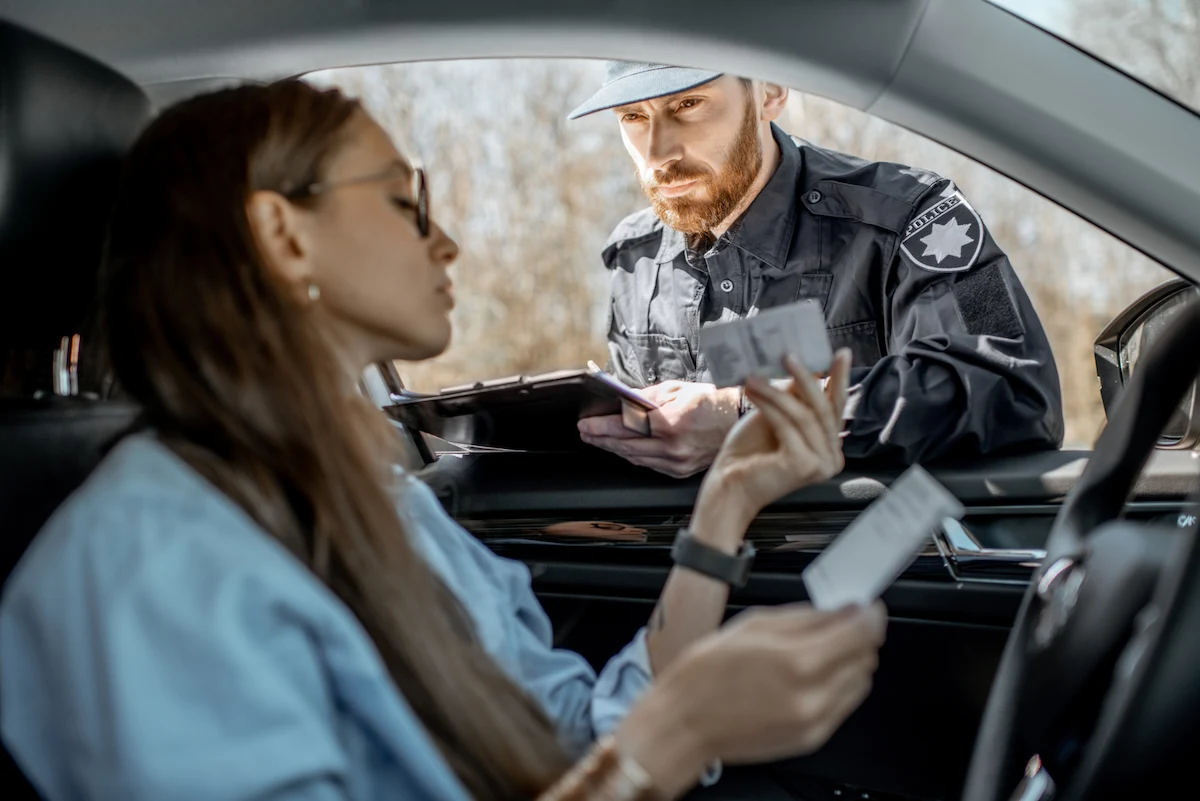Anyone familiar with the ordeal of crossing the George Washington Bridge from New Jersey to Manhattan at rush hour can attest that navigating the streets of New York City requires more than just patience and skill; it demands a good understanding of the city’s traffic laws. Violations can lead to severe penalties, impacting your finances and driving record. This article provides an in-depth look at the most common traffic violations NYC and their associated penalties.
Common Moving Violations
Speeding is a prevalent traffic violation in NYC, with speed limits strictly enforced. Exceeding the speed limit by 1-10 mph can result in a fine and 3 points on your license, while driving 31 mph or more over the limit can lead to higher fines, 8 points, and potential license suspension. Running a red light is another serious infraction, carrying a fine of up to $500 and 3 points on your license. Red light cameras at intersections increase the likelihood of detection and fines.
Failing to stop at stop signs is also frequent. Drivers must come to a complete stop at the line or before entering the intersection. Penalties include fines ranging from $150 to $250 and 3 points on your license. Reckless driving is another severe offense, defined as operating a vehicle with willful disregard for safety. It can lead to fines up to $300, 5 points on your license, and possible jail time.
Driving without a valid license is illegal and can result in fines of up to $300, potential jail time, and vehicle impoundment. Seatbelt violations are strictly enforced, with fines starting at $50. Drivers must ensure all passengers are buckled up, and failure to comply can lead to additional penalties and points on the driver’s license.
Non-Moving Violations and Serious Offenses
Illegal parking is a common non-moving violation that can lead to significant fines and towing. Parking in no-parking zones, blocking fire hydrants, and double parking are typical infractions. Fines for illegal parking start at $65 and can escalate for more serious violations. To reduce distracted driving, using a cell phone while driving, unless hands-free, is prohibited. Penalties include fines up to $200 and 5 points on your license, with repeat offenders facing higher fines and increased points for a Cell phone ticket NYC.
Driving under the influence (DUI) and driving while intoxicated (DWI) are among the most severe traffic violations. The legal blood alcohol content (BAC) limit in NYC is 0.08%. Penalties for DUI and DWI offenses include fines up to $1,000, mandatory attendance in an alcohol education program, license suspension, and potential jail time. Repeat offenses result in harsher penalties, including longer jail terms and permanent license revocation.
Consequences and Preventive Measures
The consequences of traffic violations in NYC extend beyond immediate fines and points. They can lead to increased insurance premiums, affecting financial stability. A driving record with multiple infractions can impact professional opportunities, especially in jobs that require driving. The stress and anxiety from dealing with violations can also affect mental health, leading to broader issues like depression.
To mitigate these impacts, drivers can enroll in defensive driving courses, which reduce their license points and lead to insurance discounts. Legal assistance is also valuable, as attorneys specializing in traffic violations can negotiate lesser penalties or dismissals. Adopting safe driving practices, such as staying within speed limits, avoiding distractions, and understanding traffic laws, is essential. Regularly reviewing DMV guidelines ensures drivers remain informed and compliant.
Steering Clear of Trouble: Key Takeaways for NYC Drivers
Understanding the most common traffic violations in NYC and their penalties is vital for all drivers. Adhering to traffic laws helps avoid fines and penalties and ensures the safety of all road users. Drivers can contribute to a safer, more efficient road environment by staying informed and practicing safe driving habits. Legislative reforms and public awareness campaigns are crucial in fostering a responsible driving culture, ensuring a safer and more harmonious urban landscape.

